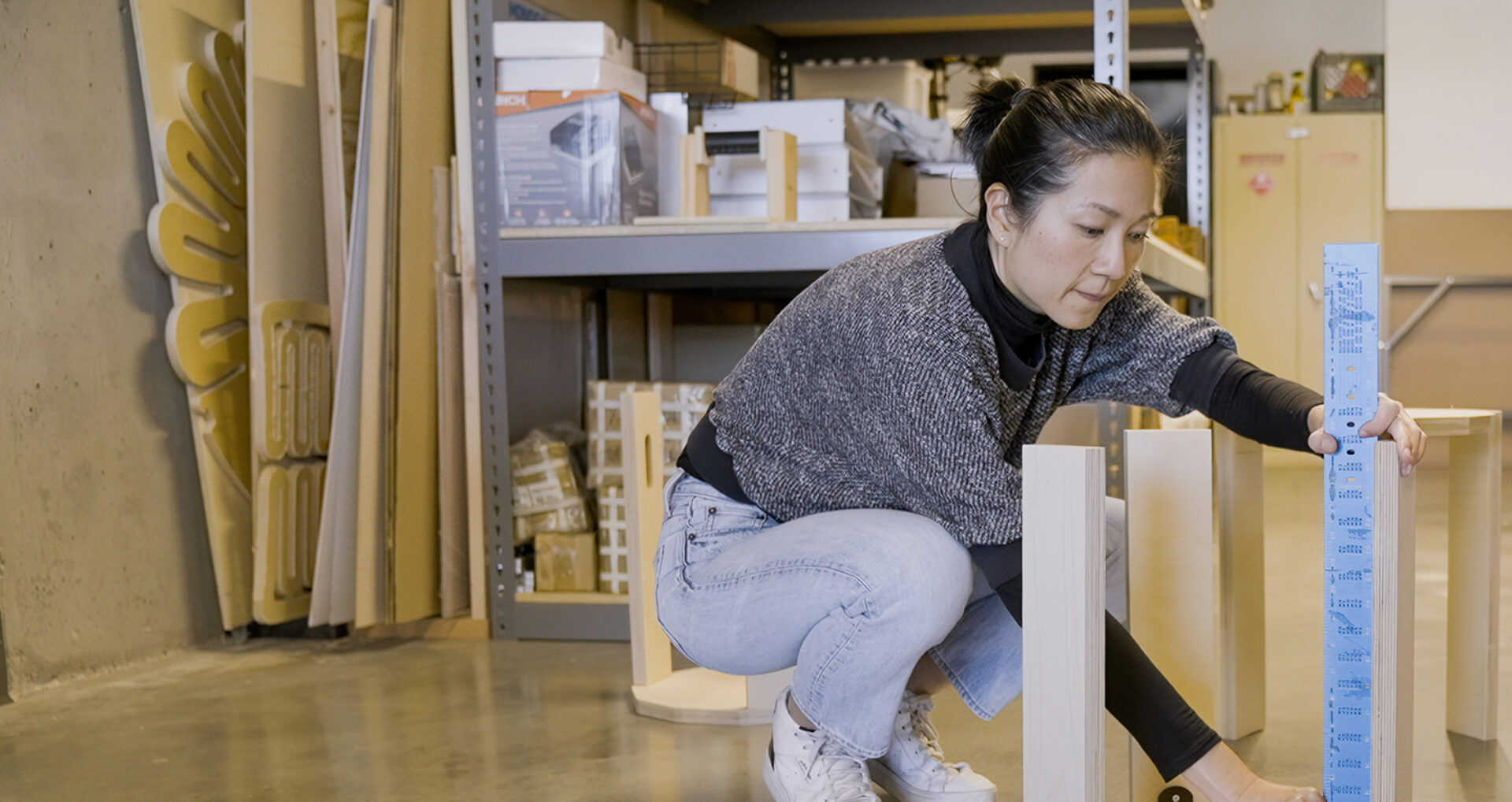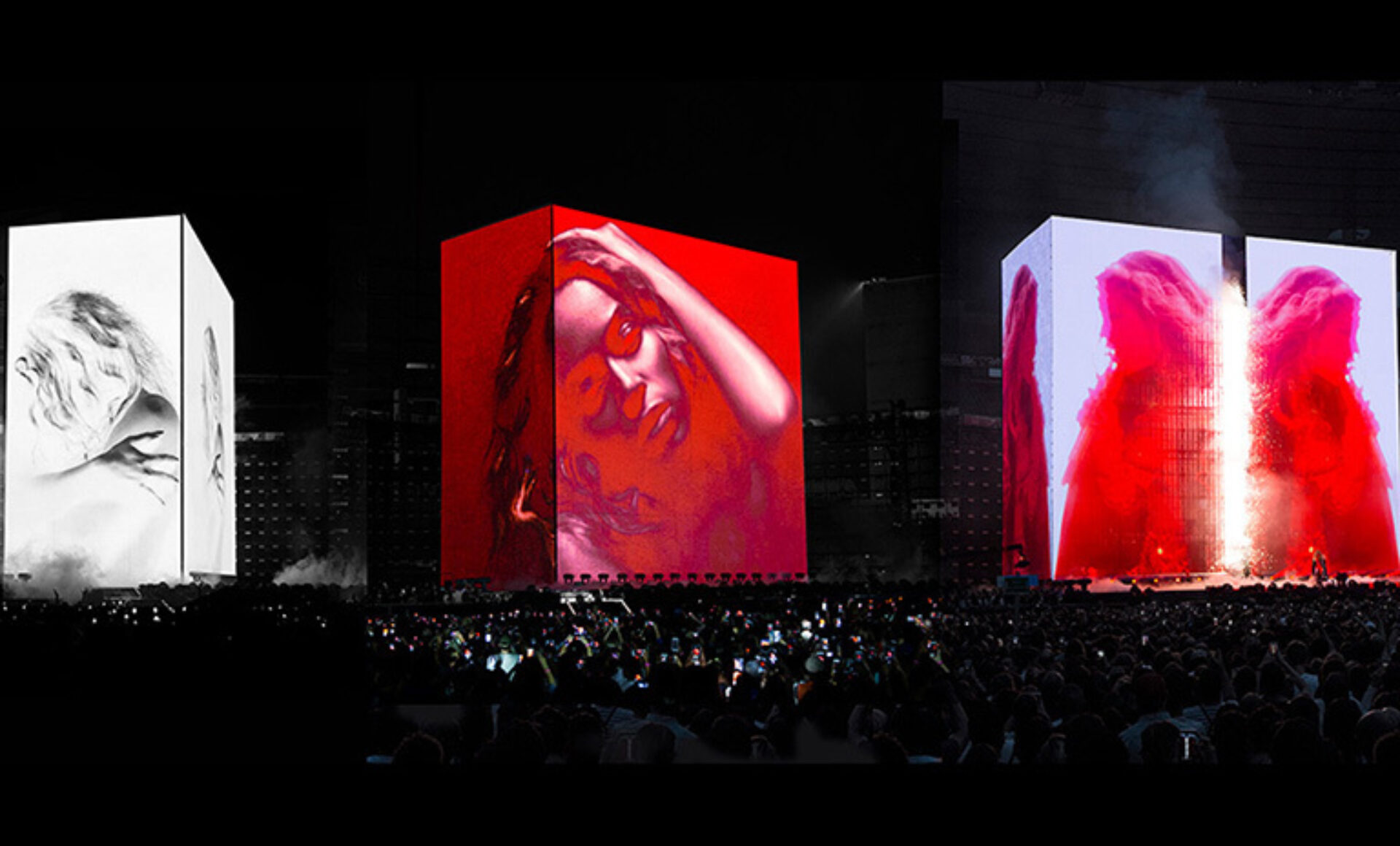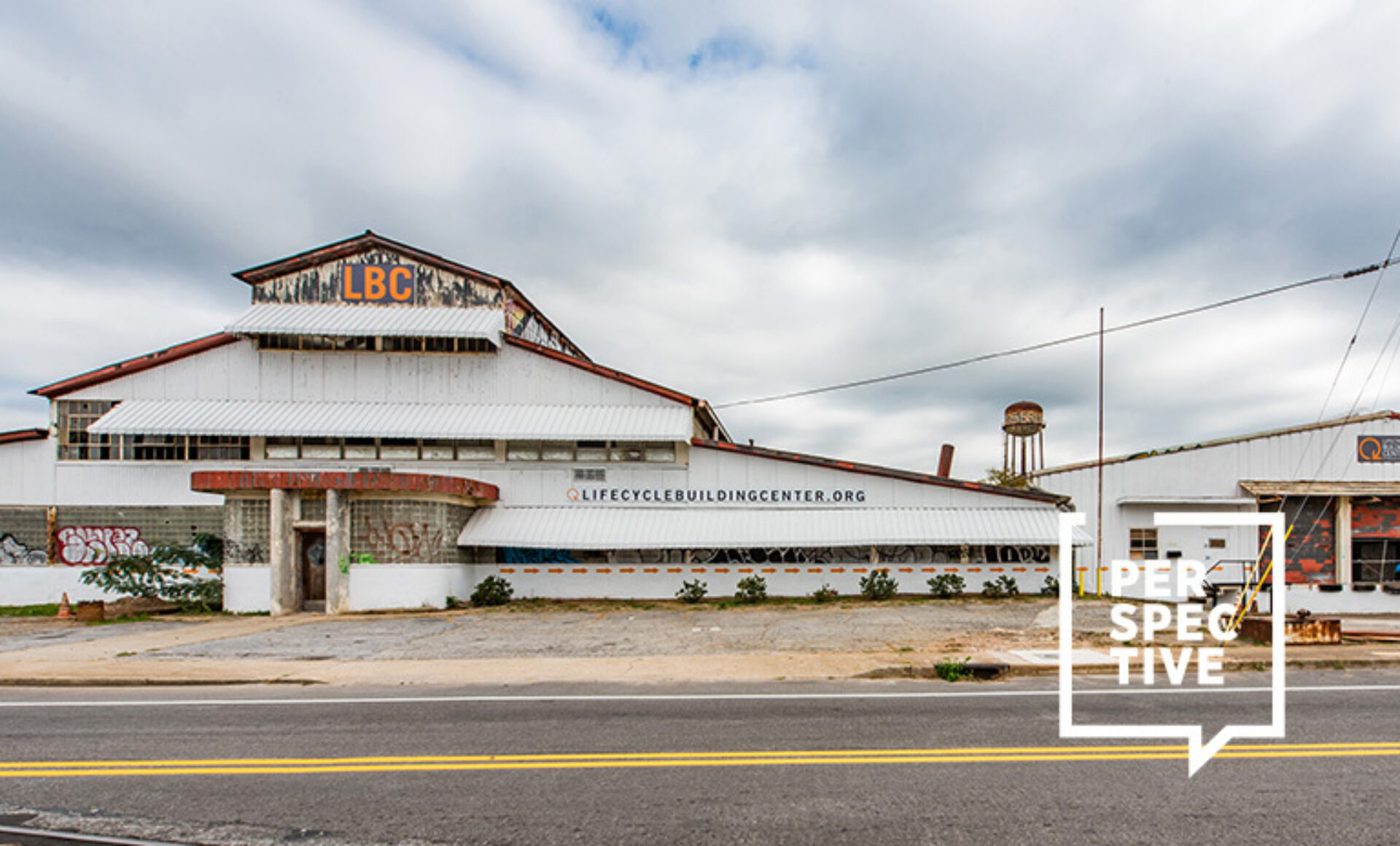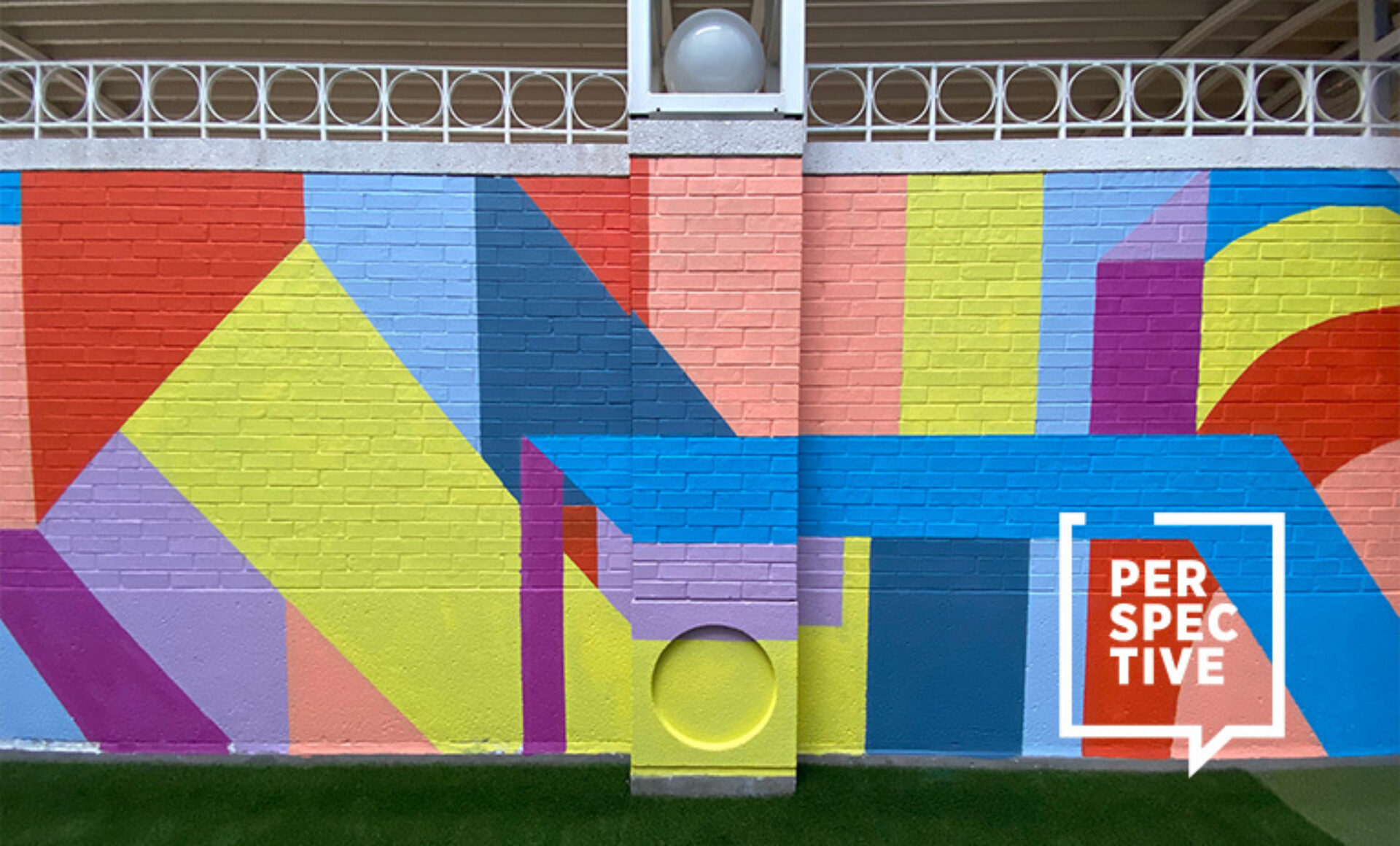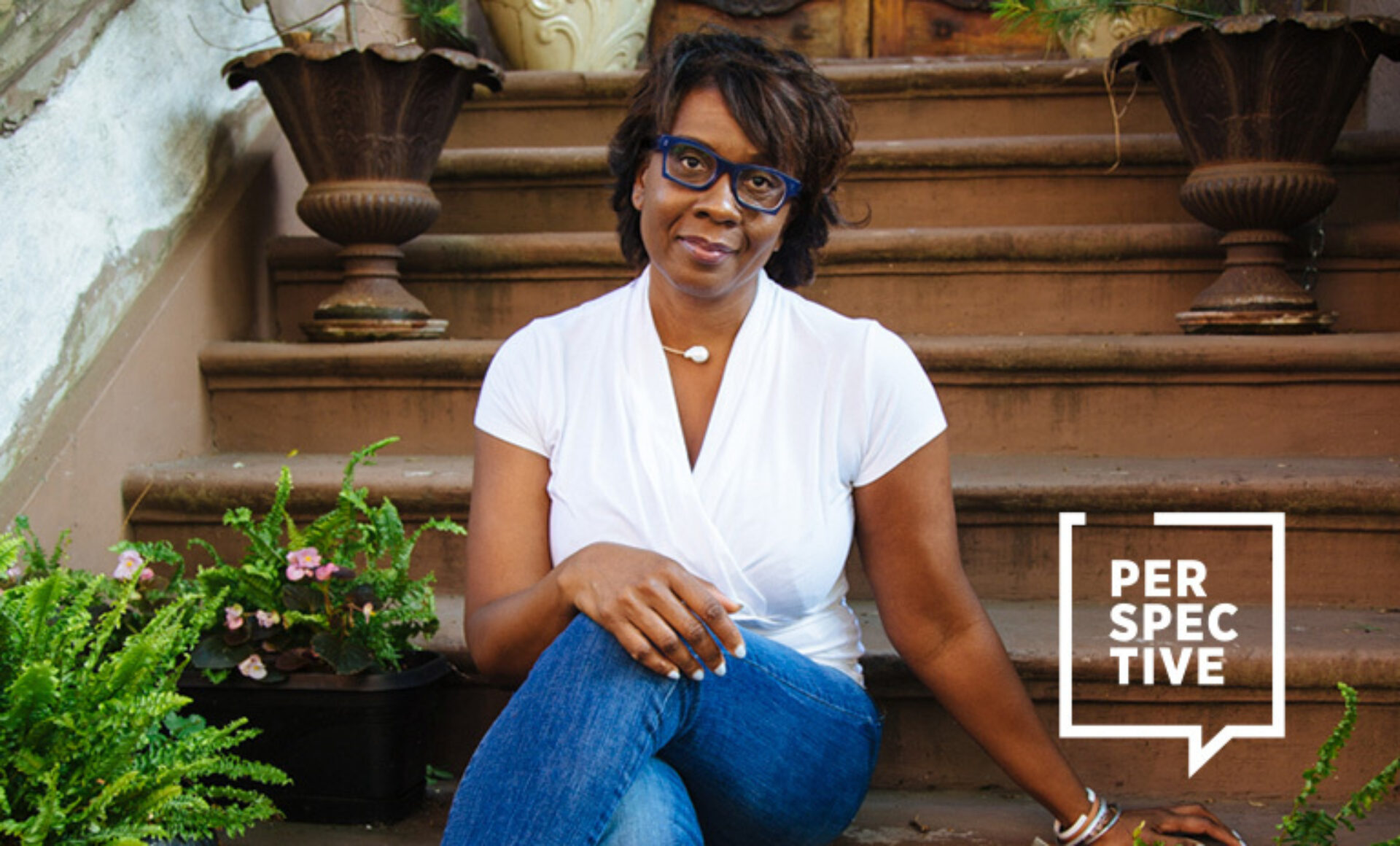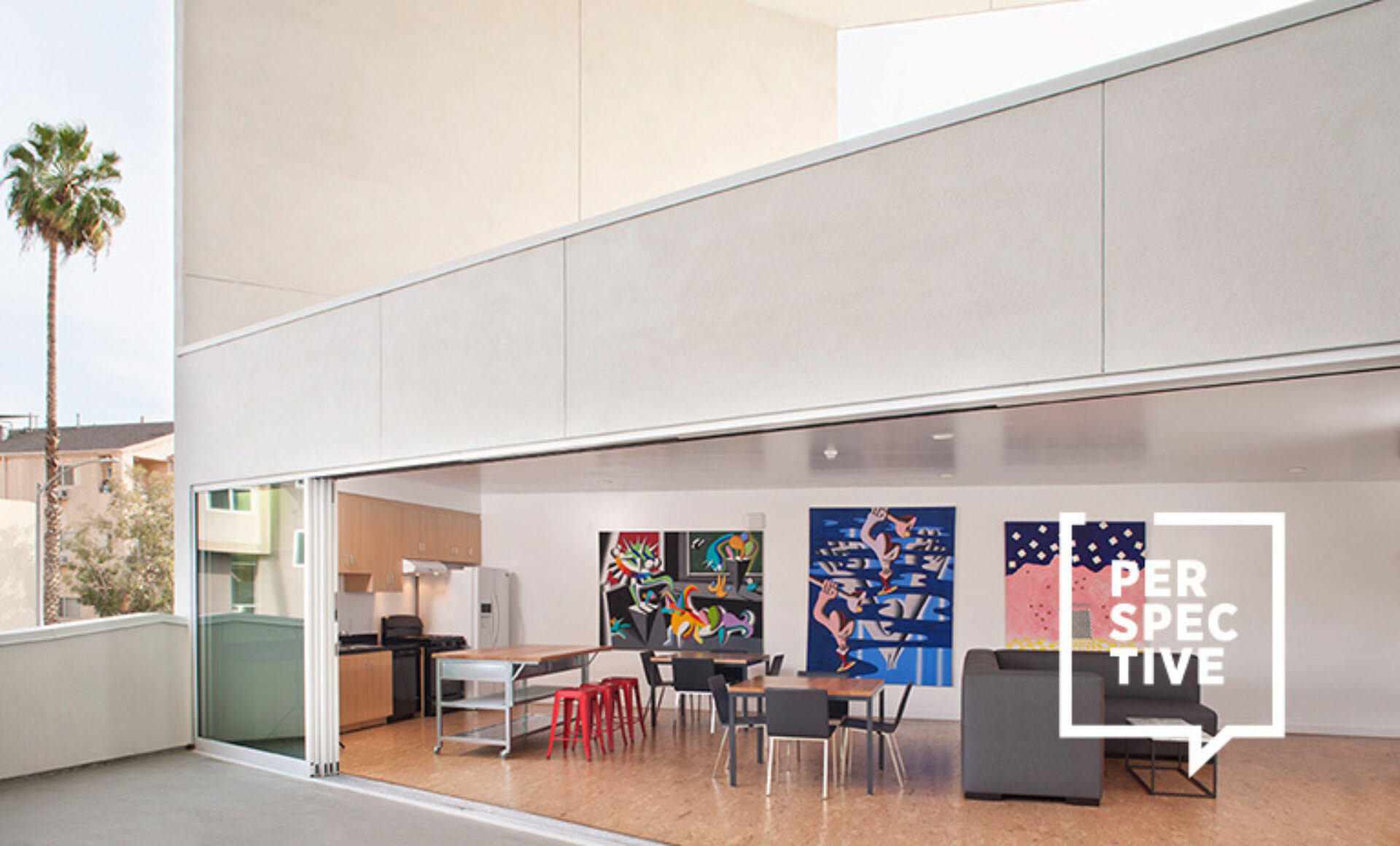Yvonne Hung founded Otelier with integrity in mind. “The ‘O’ represents our focus on sustainability and the circular economy,” she says about the brand name—a play on the word atelier. Focused on apartment living, the furniture design studio is on a mission to fill any small space with joy and wellness. “We think of furniture less as decor and more as experiences,” adds Hung, who considers her customers' emotional and physical needs in order to intentionally create products that make their life easier and more enjoyable. In a conversation with IIDA, she talks about the importance of the circular economy, the challenges and opportunities of owning a minority, woman-owned business, and gives practical advice to female designers interested in starting their own companies.
What is the concept behind Otelier, and what sets it apart?
Yvonne Hung: Otelier is a furniture design studio with a focus on apartment living and sustainability. We have a rigorous product design practice with an ethos on making lives better through problem solving and innovation. It is also a Direct-to-Consumer (D2C) brand. We want to be involved on the commerce side in order to shape the entire customer experience as well as the sustainability of our products throughout their lifecycle. Our goal is to democratize high quality and sustainable furniture.
Can you talk about the importance of sustainability and the circular economy at a practical level?
YH: My background is in urban planning, so for me environmental degradation is not an abstract concept, it's something I’m all too familiar with. Landfills, deforestation, flooding, forest fires—they’re all very real problems with ripple effects that are difficult to mitigate. It’s much more efficient to prevent environmental damage in the first place and that’s what we’re trying to do at Otelier—from our materials selection, to sourcing, to carbon offsets: ensure we are climate neutral. But being sustainable is not easy. Eco-friendly options are often the most expensive, have extra regulation and processes, and can be difficult to monitor because of complex supply chains. Our approach at Otelier is to look at a range of sustainable options, compare the costs, and find one that optimizes sustainability and sales. We’re always on the lookout for new materials or manufacturing processes that can move us further north on that sustainability scale.

Otelier is a minority and woman-owned business. What do you enjoy most about it and what was the biggest challenge you had to overcome bringing this to life?
YH: I think being a woman of color makes me have more empathy towards others, which in turn has made me a better designer. As a Chinese American who’s lived in different cities and countries across the world, I bring a range of different perspectives and influences into my practice. Being different gives me the freedom to create from my own perspective rather than trying to fit in.
The biggest challenge has been overcoming the fear of failure in the eyes of my family. I grew up in an immigrant family, and am very educated, so there's an explicit expectation of me to have a steady, high-income job. In fact, I didn't tell my parents I was working on Otelier until my large prototypes showed up at their home. But I think overcoming that fear has been crucial for my personal growth.
Since starting out, I’ve found a small community of other women and minority brand owners. Starting a business is a lonely journey so it’s wonderful to have someone to bounce ideas off of, share, collaborate, and vent with.
Can you share any practical advice for the next generations of female designers interested in starting their own companies?
YH: Think like a business woman. Be rigorous in planning: having a strong business plan, marketing plan, sourcing strategy, and calculated budget. Or, partner with someone who can handle the business and operational side of things. If you want your business to succeed, you need to make sure you can generate income.
Embrace failure. In fact, factor it into your budget and schedule. Studies show that girls have more fear of failure than boys because they are judged more harshly. But risk-taking is necessary for success, so view it as part of the iterative process and budget it in. Just make sure you learn quickly and move forward.
Budget adequately for marketing. There have been huge changes in digital marketing in the last few years. Unfortunately, the costs seem to be a lot higher now than they were 10 years ago when I had my first business.
Make things yourself. I think we are at the cusp of Artificial Intelligence (AI) taking over many creative fields. Luckily, AI doesn’t understand physical products, manufacturing, or materials—that’s where designers will still hold the advantage.

Is there a specific project, piece, or design of yours that you think is particularly indicative of who you are and the impact you’re hoping to make?
YH: The Quartet, our newest product, represents Otelier’s ethos of bringing wellness to the home. It is a side table that transforms into four stools, designed for apartment dwellers who like to host. It is a practical product—multi-functional and space-saving—with a clean and modern aesthetic. But underneath its practical utility, the Quartet was originally created as a design intervention for urban loneliness, a recent phenomenon where urbanites feel isolated despite being surrounded by many, something I had experienced myself. The intention was to encourage people to invite friends over, transforming the home from a lonely space to a social one.
We just launched the Quartet on Kickstarter in March 2023. We’ve partnered with a small Forest Stewardship Council (FSC) certified manufacturer and are using FSC certified hardwoods, water-based finishes, and recycled cardboard packaging. We’ll plant trees for each set to offset the climate emissions so that the product will be climate neutral. Our goal is to demonstrate that high-quality sustainable furniture can also be accessible to apartment owners and renters.


Where do you see women in design in 10 years?
YH: I hope to see more women and minorities starting successful design businesses in the future. The design world (especially the furniture and interiors industry) can be quite exclusive and trend driven, which in turn can make it a bit homogenous. It can definitely benefit from a wider range of perspectives and cultures.
Visit the table of contents for more Perspective: Female Future
